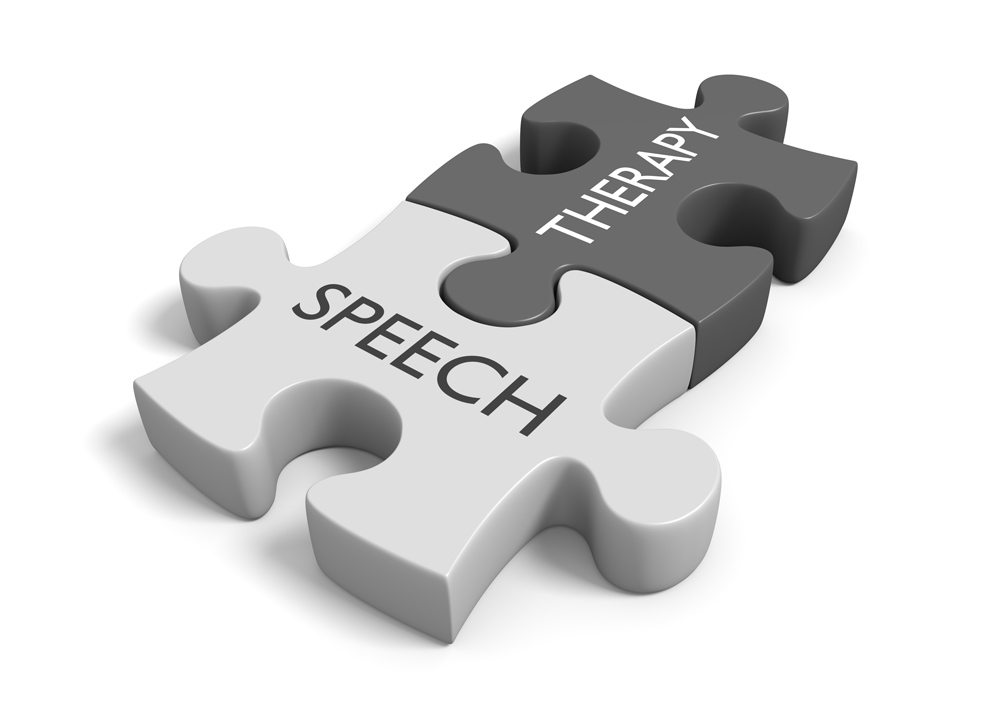 In my work with children who have listening challenges, or Auditory Processing Disorder (APD), it can be difficult to understand how some kids can hear (that is, their ears themselves work fine) and how the brain can process the sounds correctly.
In my work with children who have listening challenges, or Auditory Processing Disorder (APD), it can be difficult to understand how some kids can hear (that is, their ears themselves work fine) and how the brain can process the sounds correctly.
Auditory Processing Disorder, or, listening challenges
On November 9, 2012, The New York Times published an article called “The Science and Art of Listening” explaining exactly why listening can be so difficult for anyone — let alone children affected by auditory processing challenges!
Though the article doesn’t mention APD or listening challenges, it certainly applies:
- You take in what you see at about the same rate as conscious thought. But you take in sounds about 10 times faster.
- Imagine how overwhelming all these incoming sounds are for a child who can’t process them well.
- “The difference between the sense of hearing and the skill of listening is attention.”
- This makes me think of how kids who have APD can be misdiagnosed with an attention deficit disorder (ADD). We automatically assume a person who doesn’t, or can’t, listen is not paying attention.
- “Hearing has evolved as our alarm system,” meaning we have automatic, knee-jerk reactions to certain sounds that we learn signal something important.
Perhaps that’s why kids with auditory processing challenges so often fall into heartbreaking, emotional meltdowns when they can’t understand in a noisy environment.
The best thing any parent, teacher, or caretaker can do for any child who struggles to listen is to understand how difficult listening really is. Most people can turn most environment sounds “off” (except for the alarming ones) and focus on what you need to hear without ever thinking about it. But most of us have also been accused of not listening. Perhaps we don’t always want to use the energy to focus our attention properly on someone speaking to us.
Children with APD can’t make their ears and brain work together in many situations, making them unable — not unwilling! — to listen.
All children have trouble with listening skills at time, and all children can benefit from parents and educators who help them develop them. But if you think your child struggles much more that his peers, please contact our office.
By Lois Heymann, Speech and Language Pathologist